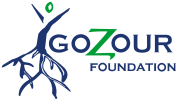Economic Empowerment
For many years, the Egyptian economy has faced several obstacles and still faces challenges including; poverty, unemployment, and underemployment due to the mismatch between youths’ skills and the needs of labor market. To overcome such challenges, GFD started to identify the gaps between the skills of the majority of the Egyptian youths and the needs of the Egyptian labor market from 2010. As such, the Foundation has equipped Egyptian youth with the essential skills needed to succeed in the labor market.
Objectives & Approach
- Equip youth, especially young women, with employability skills.
- Align with Egypt’s Vision 2030 on economic development and education.

Inclusivity
- 3S Approach:
Self-discovery, social intelligence, and sorting out employment opportunities.

Sustainability
- Training Center: Language and computer lab for diverse skill training.
- Kitchen Lab: Enhancing vocational skills.
- E-Commerce Platform: Salil Brand for stable funding.

Innovation
- Integrated Training: Context-sensitive and needs-based.
- Gender Mainstreaming: Promoting equality between women and men, and increasing women’s representation.
The following are examples of the skills provided:
Vocational trainings
Entrepreneurship skills and in-kind grants
Career guidance and coaching services
Soft and business skills
Job placement
- Vocational trainings
- Career guidance and coaching services
- Soft and business skills
- Entrepreneurship skills and in-kind grants
- Job placement
These skills do not only prepare the beneficiaries for socio-economic integration in the labor market, but they also enable them to develop self-confidence and self-respect; which are essential skills that help them excel at their workplaces, network and get promoted. Additionally, while GFD provides beneficiaries with various competitive skills, it also works on linking them with the job market through job placement and in-kind grants that support a number of the beneficiaries to start their own businesses.
Our Reach
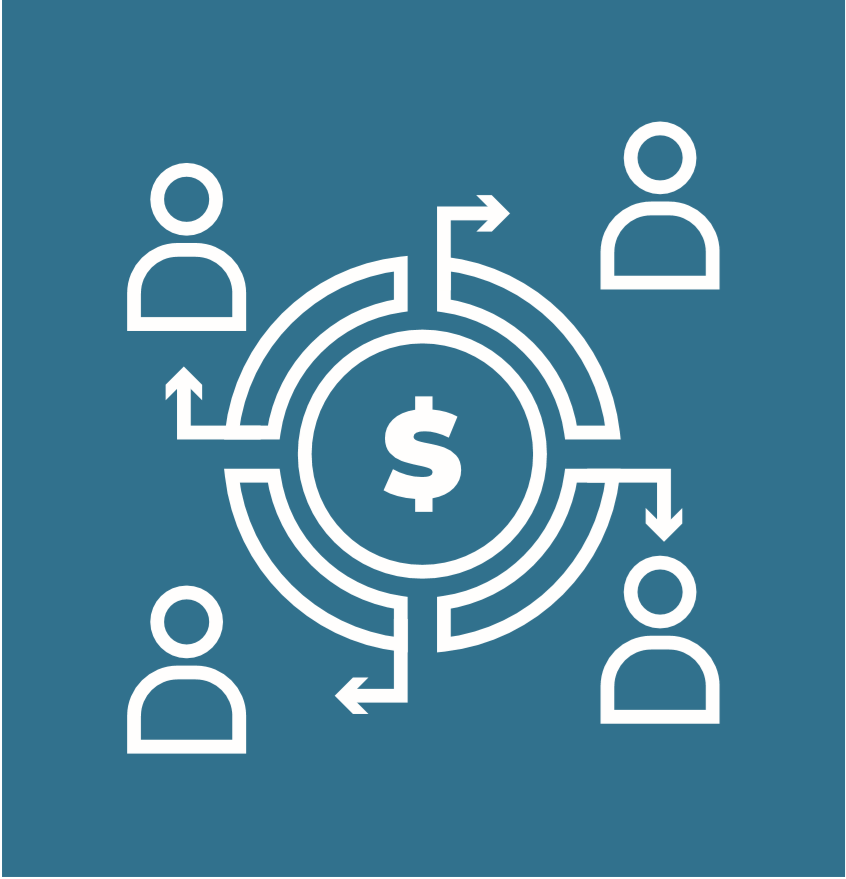
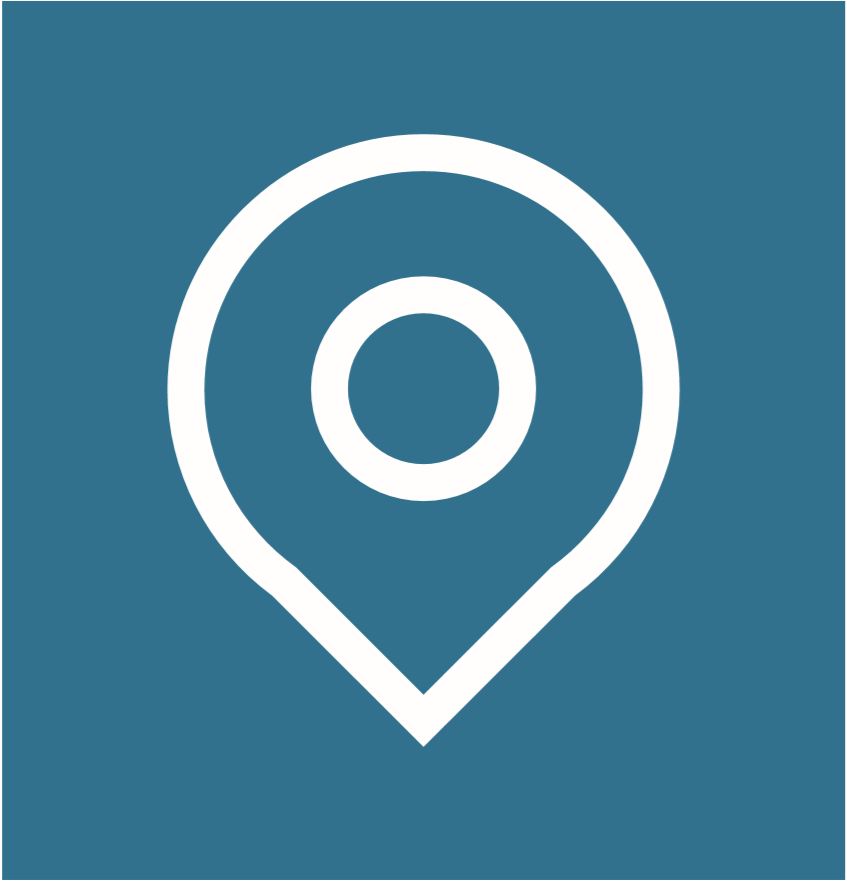
Our Impact
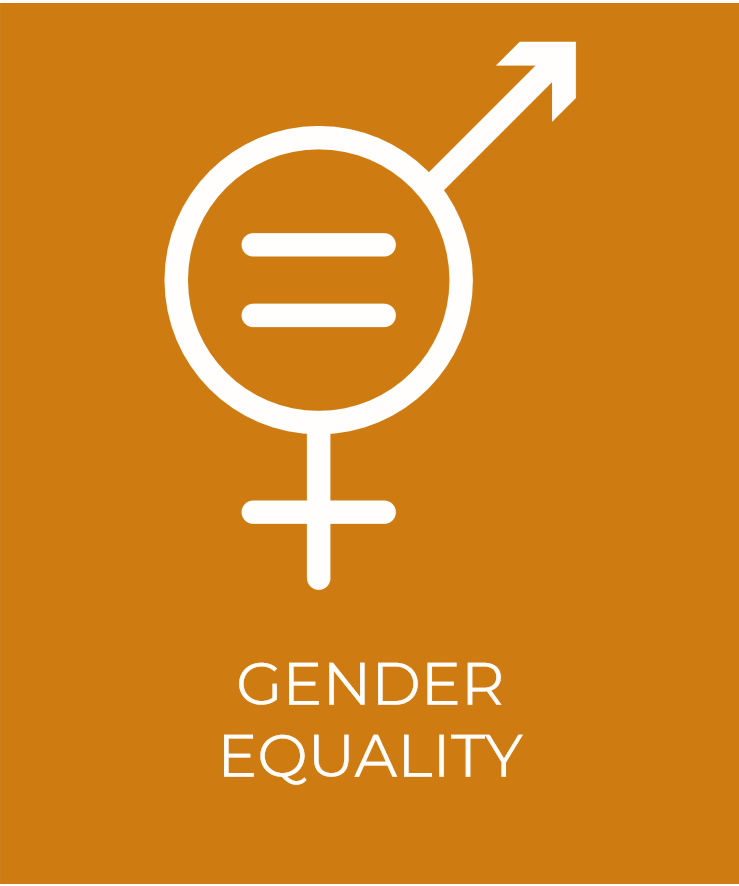
GFD implements a number of projects that specifically target young women and men. Through providing access to specialized vocational training, language and ICT skills along with job placement services, targeted young women are able to boost their confidence levels, access the labor market and become successful employees in an increasingly connected world.
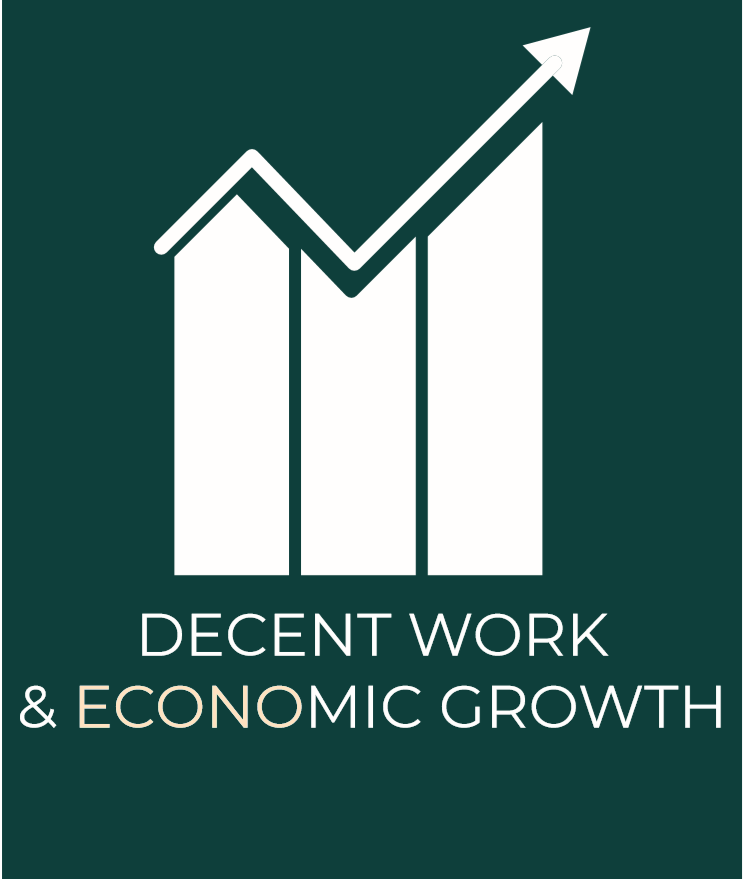
GFD provides an integrated life skills and employability training package for youth; it offers customized skills development, career guidance and follow-up with the beneficiaries' work placement journey.
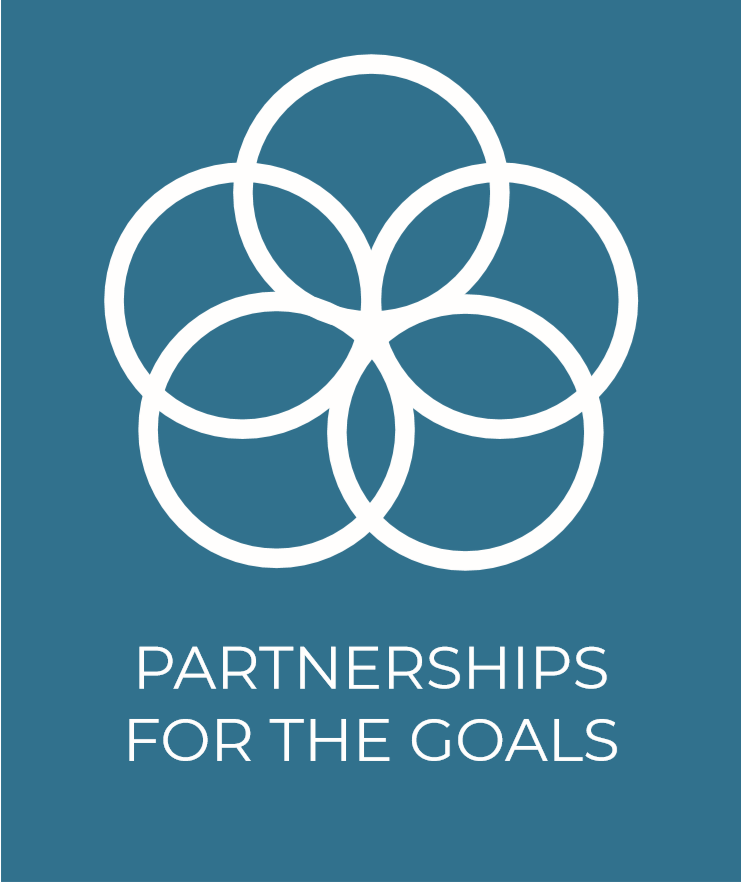
GFD has developed long and short-term partnerships with various national and international NGOs, governmental entities and private corporations to achieve the anticipated success and establish concrete and sustainable change within the communities it serves.
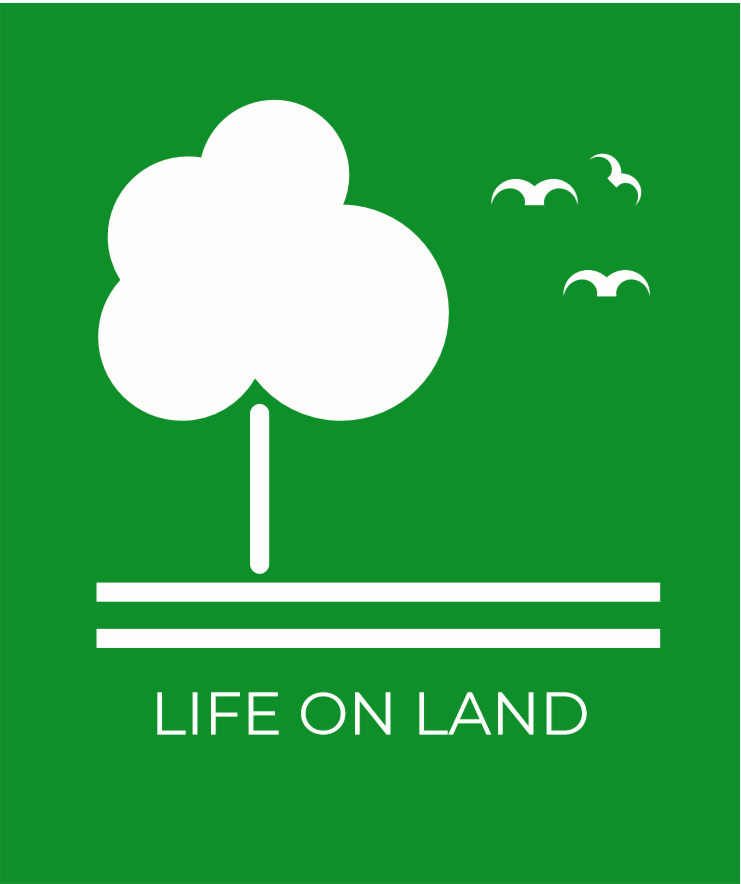
GFD's Economic Empowerment scope included a focus on agribusiness and supporting rooftop farming micro-entrepreneurs.
Key Projects
The Youth Career Development project mainly aimed to increase the employability of 200 marginalized a disadvantaged youth (25- 35 years) and facilitate their access to decent work or self-employment opportunities. The project served to assist youth to identify their career path and successfully adjust to their new working conditions by providing them with needed trainings either vocational training or entrepreneurship. The project adopted the Collaborative Community Action (CCA) approach through creating partnerships to ensure effective implementation of the project. (GFD) succeeded to establish partnerships with the civil society organizations as well as the private and public sectors.
The positive impact the project on the program’s graduates has been measured by the number of youths who have taken strategic steps towards their future plans and have become motivated, encouraged and supported to create their own path. As a result of the project intervention, the targeted youth possessed a higher chance of coping with the economic challenges and the unemployment problem they were suffering from. They started to enhance their skills and build their careers to gradually improve their social and economic conditions.
Synergy Lab is a ‘social innovation lab’ with an economical focus. It aimed to promote inclusive and sustainable entrepreneurship amongst young people living in disadvantaged communities by bringing together talented young entrepreneurs who had just started their micro-businesses with young designers who needed to produce their designs. The Synergy Lab served to be a is a combination between a work space, training center, marketing tool and an incubator to support business initiatives.
The project supported in creating three multidisciplinary teams of 30 designers, IT people, sales and marketing specialists and talented young entrepreneurs to work together to develop and implement at least three business initiatives. It also enabled those teams to market themselves and their products through establishing a Synergy Lab platform. The platform served as an E-store for young entrepreneurs and facilitated collaborations between the young entrepreneurs to promote their micro-businesses.
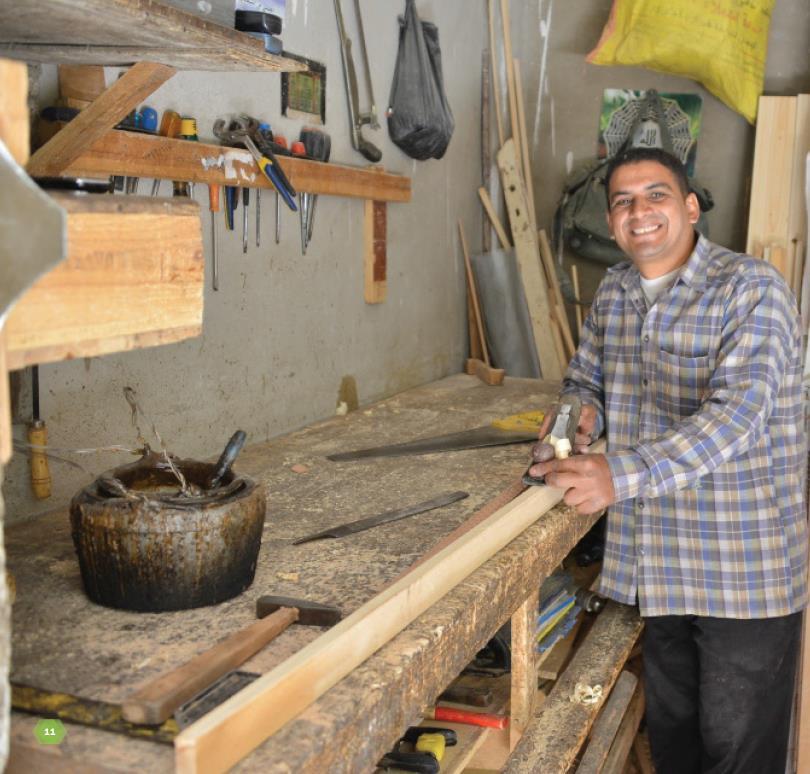
Synergy Lab is a ‘social innovation lab’ with an economical focus. It aimed to promote inclusive and sustainable entrepreneurship amongst young people living in disadvantaged communities by bringing together talented young entrepreneurs who had just started their micro-businesses with young designers who needed to produce their designs. The Synergy Lab served to be a is a combination between a work space, training center, marketing tool and an incubator to support business initiatives.
The project supported in creating three multidisciplinary teams of 30 designers, IT people, sales and marketing specialists and talented young entrepreneurs to work together to develop and implement at least three business initiatives. It also enabled those teams to market themselves and their products through establishing a Synergy Lab platform. The platform served as an E-store for young entrepreneurs and facilitated collaborations between the young entrepreneurs to promote their micro-businesses.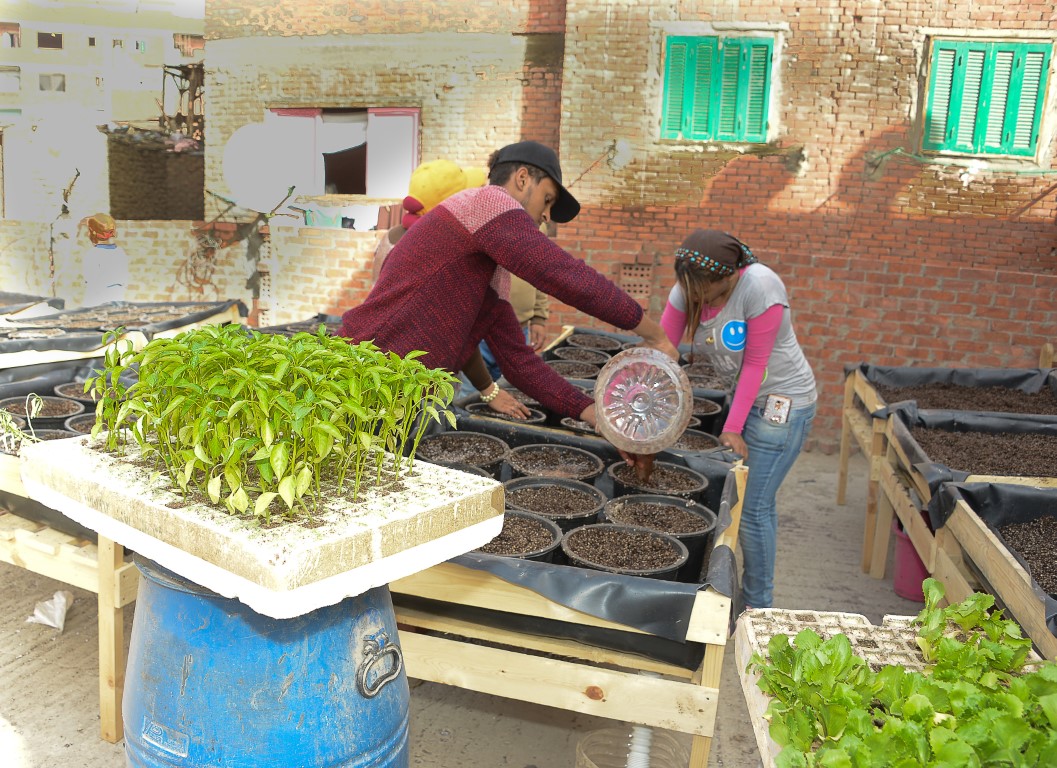
The main goal of this project was to enhance employment opportunities for graduates of Agricultural Technical Schools and young people in green house agribusiness and land reclamation technologies. The project resulted in building the capacities of 120 graduates of Agricultural Technical Schools and young entrepreneurs who willing to start micro-agribusinesses using greenhouse technology. Additionally, the project invested in the establishment of two greenhouses to be owned and run by two local NGOs in the targeted areas. Project graduates either managed to seek work opportunities at large farms investing in agribusiness or were encouraged to apply for land ownership with Ministry of Agriculture (MoA) to receive five hectares of newly reclaimed lands for ownership and start their own businesses.
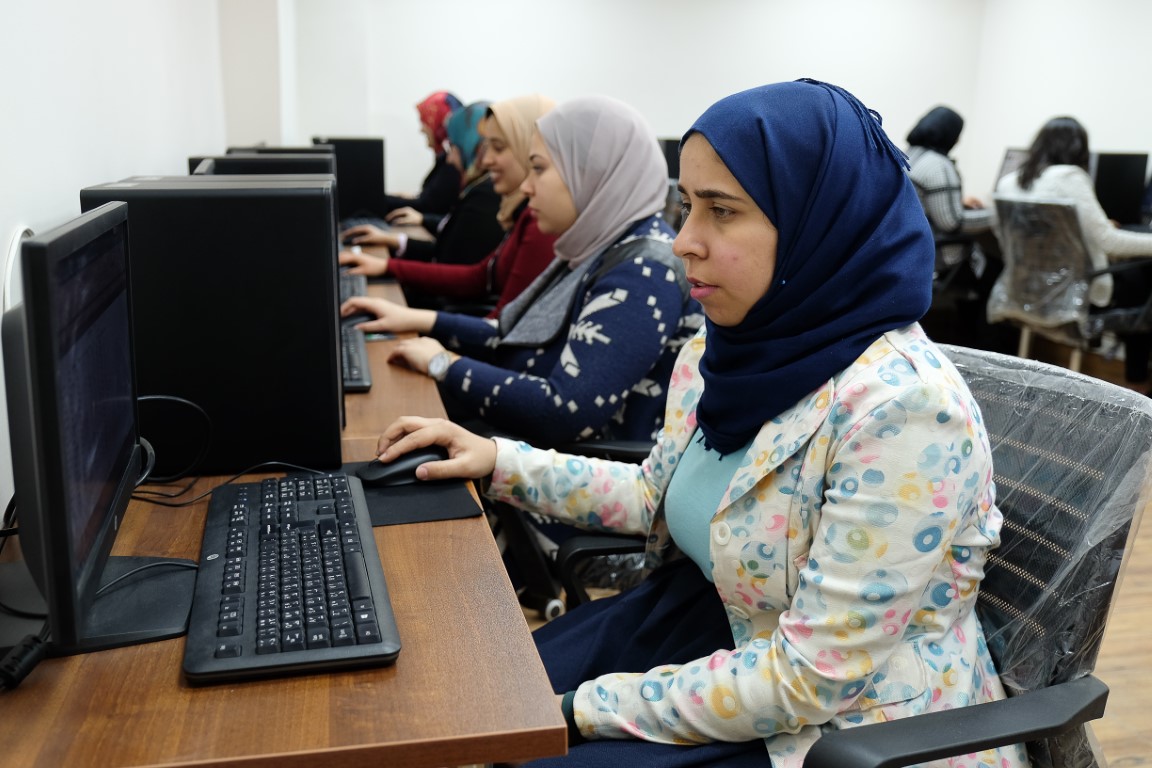
The Women Empowerment and Employability (WEE) was a project funded by the Japanese Embassy which aimed to enhance the employability skills of 72 young women to facilitate their access to the labor market. Participants were provided training on essential skills such as English Language and Computer literacy as well as methods to improve their interpersonal skills which are the basic skills set sought for by the labor market. Additionally, the program was complemented by career guidance training as well as the job placement and mentoring services that supported participants to enter the labor market and sustain their jobs.
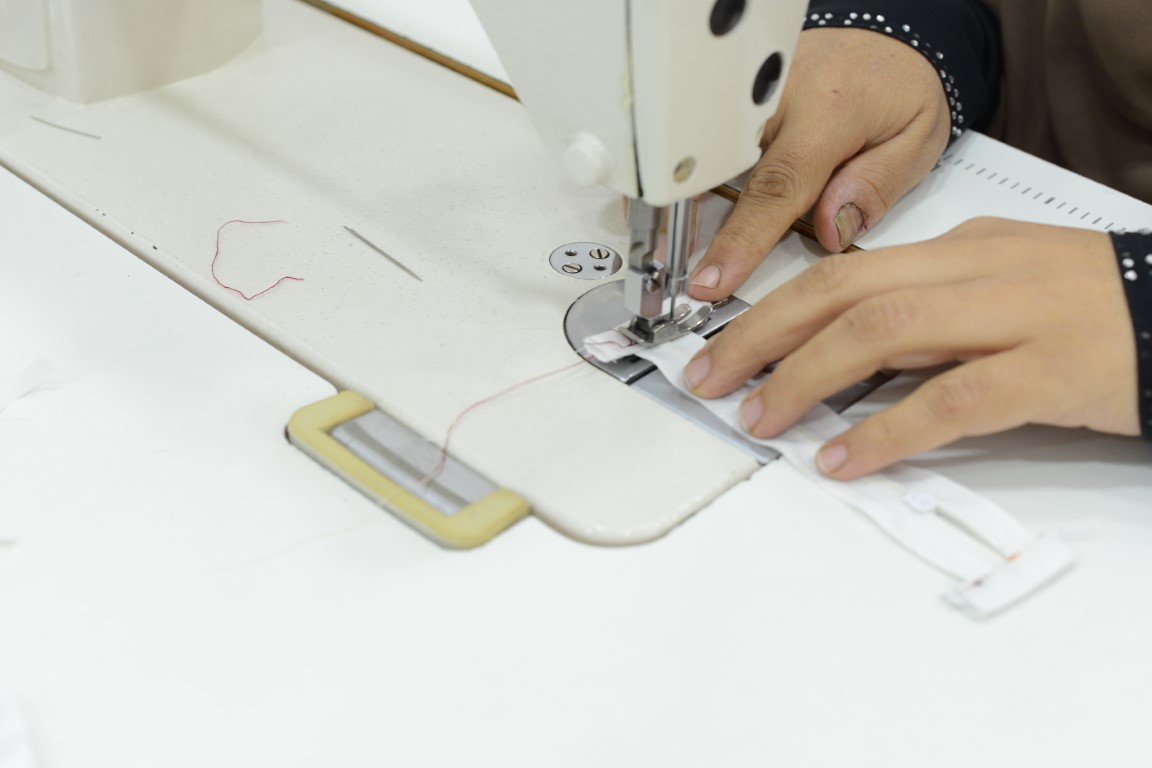
Salil is an Egyptian production line for high quality handmade goods made by women living in marginalized areas in Egypt. The brand was established three years ago by Gozour Foundation for Development (GFD) as a pilot project in partnership with Attijariwafa bank supported by their CSR program. The project aimed to assist and empower women in marginalized areas by offering them vocational training and decent source of income to support their families and educate their children. The brand also contributes to promoting the value of Egyptian handicrafts through developing the skills of the women and enable them to become highly skilled and professional Artisans. Today, Salil is a brand name of a production line of unique identity and taste, mainly producing: tote bags, laptop and makeup bags, and clutches as well as home accessories. Salil has a small sized workshop where the production and trainings take place, whereas it provides a safe and dynamic working space for the women to learn and develop their skills. Salil also has an e-store where the products are sold and marketed. Please visit our store: www.salilstore.com
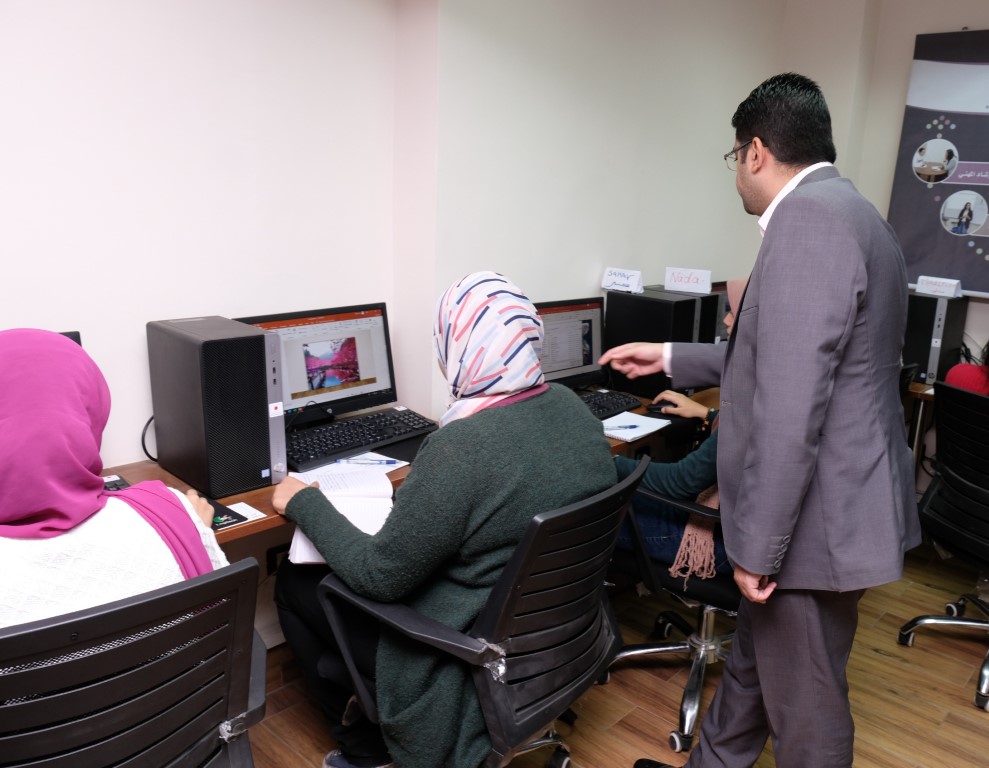
The Youth Career Development project mainly aimed to increase the employability of 200 marginalized a disadvantaged youth (25- 35 years) and facilitate their access to decent work or self-employment opportunities. The project served to assist youth to identify their career path and successfully adjust to their new working conditions by providing them with needed trainings either vocational training or entrepreneurship. The project adopted the Collaborative Community Action (CCA) approach through creating partnerships to ensure effective implementation of the project. (GFD) succeeded to establish partnerships with the civil society organizations as well as the private and public sectors.
The positive impact the project on the program’s graduates has been measured by the number of youths who have taken strategic steps towards their future plans and have become motivated, encouraged and supported to create their own path. As a result of the project intervention, the targeted youth possessed a higher chance of coping with the economic challenges and the unemployment problem they were suffering from. They started to enhance their skills and build their careers to gradually improve their social and economic conditions.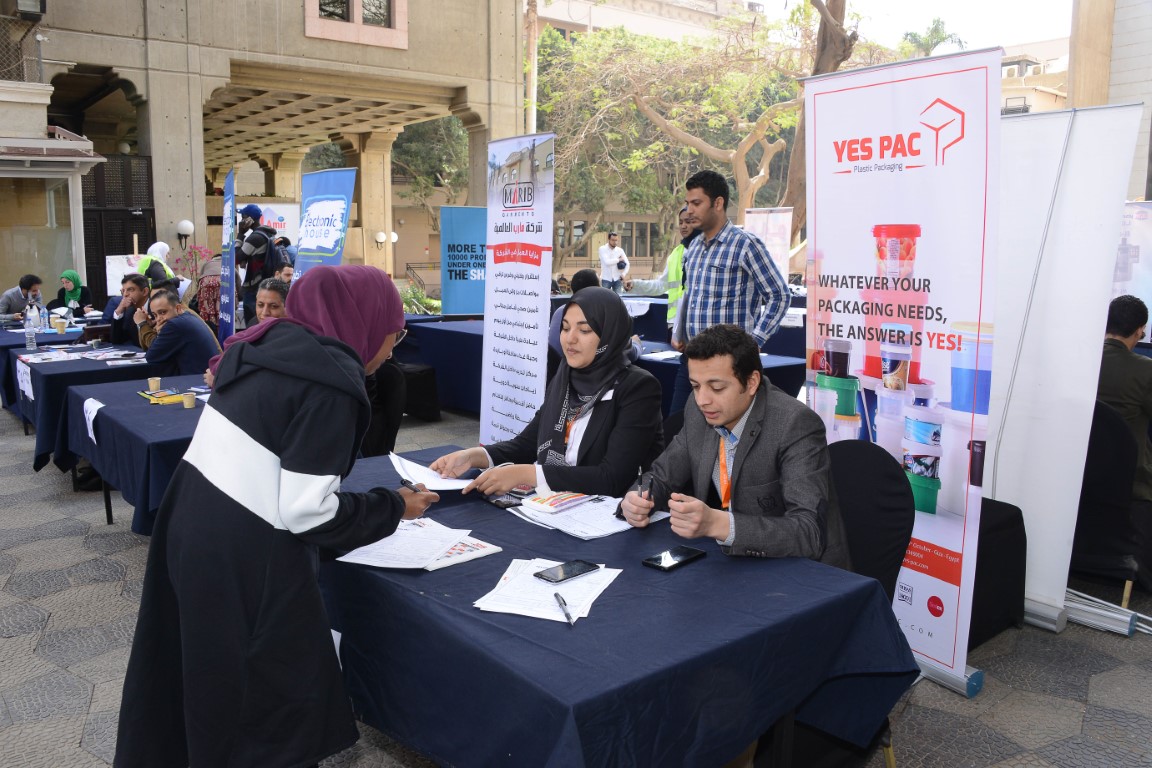
The Youth Career Pathway project was implemented in partnership with UNICEF and aimed to improve the socio-economic status of youth living in urban informal areas through increasing the employability of 400 youth from five slum areas in Greater Cairo: Dar El Salam, El Basateen, Helwan, Misr El Kadema, and Tora. The project targeted youth, with 40 percent of the participants being males and 60 percent females, in order to narrow the gap between the skills set of marginalized youth and the skills sought for by the labour market. A higher majority of females in the project was intended in order to address the difficulties women regularly confront when in joining the labour market. The project sought to increase the employment rate among youth by providing them with certified professional vocational training that would provide them with the needed skills to enter the labour market in addition to enabling them to identify their employment pathway and how to make effective career decisions. GFD then assisted youth graduating from the vocational training in successfully transitioning into the workplace. This was achieved through career counseling, job placement, entrepreneurship training, and mentoring and coaching services.
The main goal of this project was to enhance employment opportunities for graduates of Agricultural Technical Schools and young people in green house agribusiness and land reclamation technologies. The project resulted in building the capacities of 120 graduates of Agricultural Technical Schools and young entrepreneurs who willing to start micro-agribusinesses using greenhouse technology. Additionally, the project invested in the establishment of two greenhouses to be owned and run by two local NGOs in the targeted areas. Project graduates either managed to seek work opportunities at large farms investing in agribusiness or were encouraged to apply for land ownership with Ministry of Agriculture (MoA) to receive five hectares of newly reclaimed lands for ownership and start their own businesses.
The Women Empowerment and Employability (WEE) was a project funded by the Japanese Embassy which aimed to enhance the employability skills of 72 young women to facilitate their access to the labor market. Participants were provided training on essential skills such as English Language and Computer literacy as well as methods to improve their interpersonal skills which are the basic skills set sought for by the labor market. Additionally, the program was complemented by career guidance training as well as the job placement and mentoring services that supported participants to enter the labor market and sustain their jobs.
Salil is an Egyptian production line for high quality handmade goods made by women living in marginalized areas in Egypt. The brand was established three years ago by Gozour Foundation for Development (GFD) as a pilot project in partnership with Attijariwafa bank supported by their CSR program. The project aimed to assist and empower women in marginalized areas by offering them vocational training and decent source of income to support their families and educate their children. The brand also contributes to promoting the value of Egyptian handicrafts through developing the skills of the women and enable them to become highly skilled and professional Artisans. Today, Salil is a brand name of a production line of unique identity and taste, mainly producing: tote bags, laptop and makeup bags, and clutches as well as home accessories. Salil has a small sized workshop where the production and trainings take place, whereas it provides a safe and dynamic working space for the women to learn and develop their skills. Salil also has an e-store where the products are sold and marketed. Please visit our store: www.salilstore.com
The Youth Career Pathway project was implemented in partnership with UNICEF and aimed to improve the socio-economic status of youth living in urban informal areas through increasing the employability of 400 youth from five slum areas in Greater Cairo: Dar El Salam, El Basateen, Helwan, Misr El Kadema, and Tora. The project targeted youth, with 40 percent of the participants being males and 60 percent females, in order to narrow the gap between the skills set of marginalized youth and the skills sought for by the labour market. A higher majority of females in the project was intended in order to address the difficulties women regularly confront when in joining the labour market.
The project sought to increase the employment rate among youth by providing them with certified professional vocational training that would provide them with the needed skills to enter the labour market in addition to enabling them to identify their employment pathway and how to make effective career decisions. GFD then assisted youth graduating from the vocational training in successfully transitioning into the workplace. This was achieved through career counseling, job placement, entrepreneurship training, and mentoring and coaching services.
